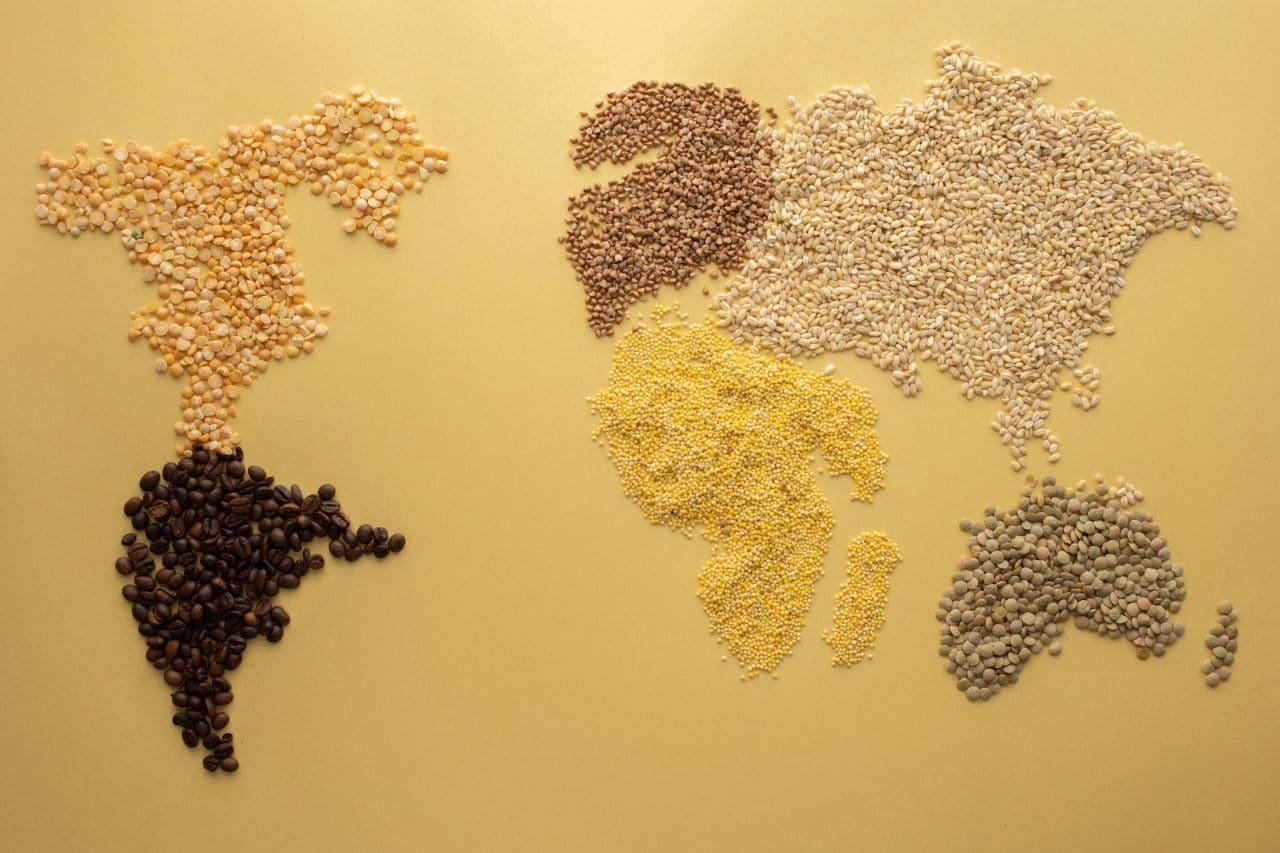Can Eating millet reduce cases of heart diseases
Eating more millet can lower the risk of developing cardiovascular diseases.
Overall, millet diets reduce blood cholesterol by eight per cent, from high to normal. This comes according to a study conducted by the International Crop Research Institute for the Semi-Arid Tropics (Icrisat). Further, the study had which 900 people analyzed.
The study also indicated a reduction in the level of blood triglycerides and Body Mass Index (BMI).
Does Eating millet reduce heart diseases
It showed that consuming millet reduced BMI by seven per cent in people who were overweight and obese.
It also decreased blood pressure with the diastolic blood pressure decreasing by five per cent.
All results are based on consumption of 50g to 200g of millets per day for a duration ranging from 21 days to three months.
The study results published in the Frontier in Nutrition journal showed that staples such as millet can help combat the growing prevalence of obesity. Furthermore, it decreases the prevalent problem of being overweight in children, adolescents and adults.
“This was the first study to show the impact of millets on cardiovascular diseases. We were able to collate and analyse data to show significance,” observed Dr S. Anitha. She is a senior nutritionist at Icrisat and the study’s lead author.
Comparative findings show that millets are much higher in unsaturated fatty acids. Between 2 to 10 times higher levels than refined wheat and milled rice. Additionally, millet has higher fatty acids than whole grain wheat.
Should we bring back millet as a staple crop?
“This latest review further emphasizes the potential of millet as a staple crop with many health benefits. It also strengthens the evidence that eating millet can contribute to better cardiovascular health by reducing unhealthy cholesterol levels. And increasing the levels of whole grains and unsaturated fats in the diet,” said Prof Ian Givens, a co-author of the study and director at the University of Reading’s Institute of Food, Nutrition and Health (IFNH).
Obesity is increasing globally in both wealthy and poorer countries. Moreover, the need for solutions based on healthier diets is critical in the world.
“These findings on the health benefits of millet further supports the need to invest more in the grain. Collectively, these investments are to cover the entire value chain from farmers to agribusiness developments.” said Dr Jacqueline Hughes, the director-general, Icrisat.
Across Africa and Asia, millet is considered an ‘orphan crop’ and little investment has been put in for its commercialization.
Consumption has also been low compared to other highly invested staples such as maize, wheat and rice.
Conclusively millet is hardy and climate smart and returning to this traditional staple makes a lot of sense. Additionally, this move would be a critical solution that could be the turning point of some major health issues.
Read more about the benefits of Millet HERE!



